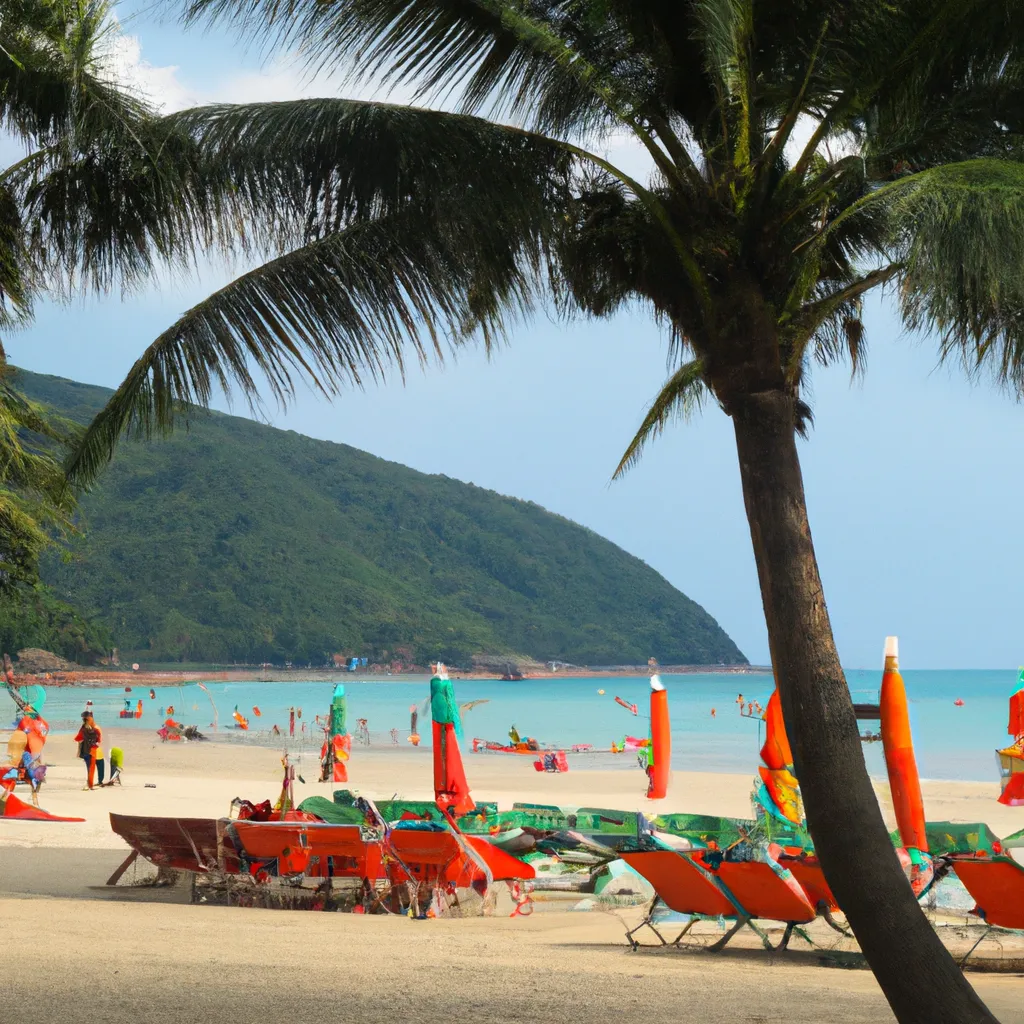Retirement in Thailand: Navigating the complex rules of foreign ownership and ensuring a peaceful retirement

Telegraph Money's advice on everything from taxes, visas, pensions and insurance. With its warm climate, affordable standard of living and rich culture, Thailand can represent an attractive choice for retirees who want to live somewhere warm and a little different from the usual retirement towns in Europe. Known for its high standards of healthcare, stunning beaches and natural beauty, Thailand also has a significant number of British expats and retirees who can help new residents settle in. Some of the most popular destinations are Bangkok, Phuket and Chiang Mai.
Moving is not always easy, however, and it's important to make the appropriate financial calculations before moving - from taxes and' 'Visas to pensions and property prices. In this article Telegraph Money explains everything you need to know before you make the move.
How much money do you need for a pension in Thailand?
If you are categorized as a "wealthy retiree" under the Thai visa system, you can get a 10-year visa for long-term residency, but you will have to apply for an extension for another five years after the first five years expire. Only those over the age of 50 are eligible, and you must have an annual pension or stable passive income of at least $80,000 per year at the time of application - approximately 65,600 pounds. Acceptable sources of income can be pension, capital investments, rental income and dividend income - salary is not included. If your income is less than this' 'amount but more than $40,000, you can qualify for a visa provided you invest at least $250,000 in Thai real estate, Thai government bonds or foreign direct investment. You will also need a high level of private insurance - more on that later.
Alternatively, you can apply for a Non-Immigrant O-A visa, which initially gives you permission to stay for one year. You must be at least 50 years old to be eligible, according to the Thai embassy in London, and employment is strictly prohibited. Each year you will have to apply for an extension for another year. You will need financial proof of a monthly income of at least 65,000 baht, or an account balance of at least 800,000 baht.' 'This means you need to have an income of at least £1,650 a month or savings of at least £20,000. Suitable evidence includes copies of pension statements, bank statements for the last three months and income certificates.
What happens to your pension?
If you move to Thailand and you have a UK pension, it will be taxed in the UK when you withdraw it. Under normal circumstances, this is a standard tax position. Philip Teague, executive director at Cross Border Financial Planning, says: "There is no option for tax to be paid on a UK pension without deducting or paying tax locally in Thailand. The double tax treaty means that any pension income, whether private pensions or' 'state pension, taxed locally in the UK'. However, one thing expats can do is use what is known as a 'qualified overseas recognized pension scheme' (QROPS) to transfer their pension outside the UK and apply Thai tax. However, this is subject to a transfer fee of more than 25% of the total pension amount applied during your stay in Thailand. Teague says this is usually impractical and it is better to leave the pension in Britain.
13 May 2025
14 May 2025
14 May 2025
13 May 2025
14 May 2025
How to buy real estate in Thailand
If you are thinking of buying real estate in Thailand before you move, you should be aware of its strict restrictions for non-residents. Non-residents can buy apartments, but their share of the total number of unit owners in the building must not exceed 40%, according to Wise Bank. Foreigners are not allowed to directly purchase the land on which the buildings are built, and' 'the only way around this restriction is to set up a private limited company partly owned by locals. The company can be used to buy real estate, but you will likely need the help of a lawyer to set this up to comply with the rules. Alternatively, you can lease the land on a long-term lease - for example 30 years - and build a house on it, you just won't own the land itself. If you decide to use a Thai real estate agent, remember that there is no regulation or training requirements for this profession. If possible, choose an agent based on a personal recommendation and do as much research into their background as possible.
Getting Private' 'Health Insurance in Thailand
Pensioners are required to have a compulsory health insurance policy to obtain a Thai visa, so it is important to take care of this well in advance of your planned move. The LTR visa for a "wealthy retiree" requires coverage of at least $50,000 or a deposit of at least $100,000 available to pay for medical treatment. To obtain a Non-Immigrant O-A visa, you will need to provide proof of a general insurance policy for common illnesses, with at least $100,000 insured. The good news is that there are many insurance brokers in Thailand, and many of them speak English. If you are applying from the UK, you must have' 'The ability to enter a few details online to get a quote. It's best to do this with several providers to determine which ones offer the best value for money. However, don't automatically choose the cheapest; you need to make sure it offers the cover you need for your visa, and it's worth getting into the terms and conditions to make sure there are no contentious clauses that could deny payment when needed.
Comment
Popular Offers

Subscribe to the newsletter from Hatamatata.com!
Subscribe to the newsletter from Hatamatata.com!
I agree to the processing of personal data and confidentiality rules of Hatamatata














